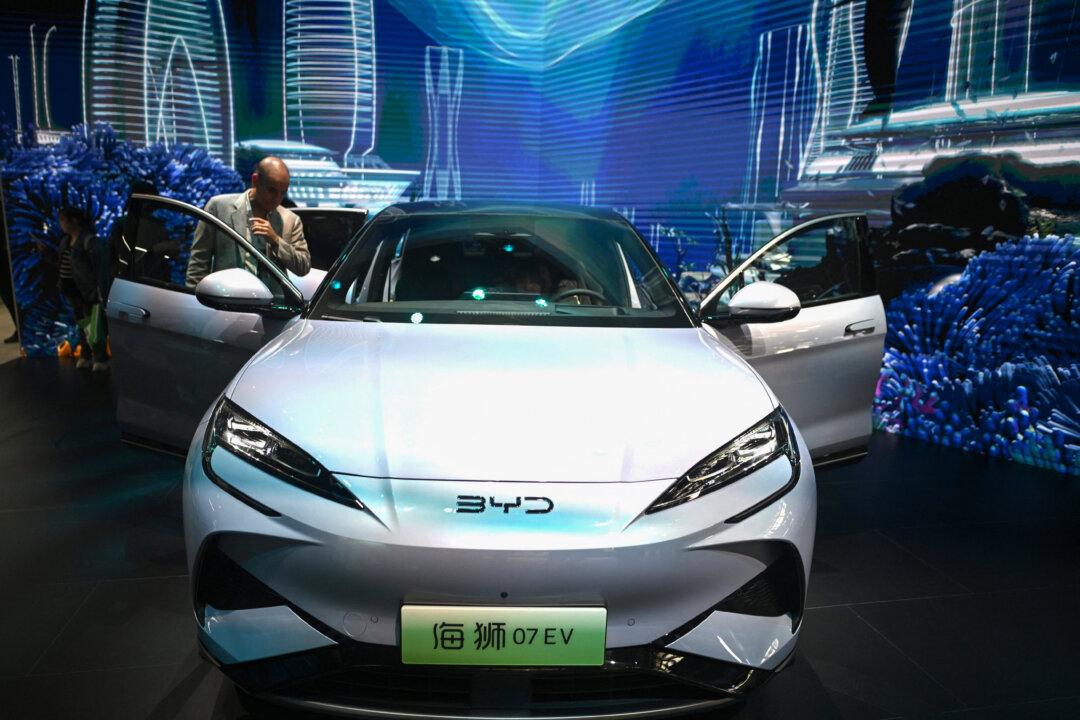Chinese electric vehicle maker BYD is looking to expand into the Canadian automotive market, according to a recent regulatory filing. The move comes as Ottawa is considering the introduction of tariffs on vehicle imports from China.
Consultants representing BYD filed documentation with Ottawa in late July to “advise the government of Canada on matters related to the expected market entry of BYD into Canada for the sale of passenger electric vehicles, and the establishment of a new business.”





